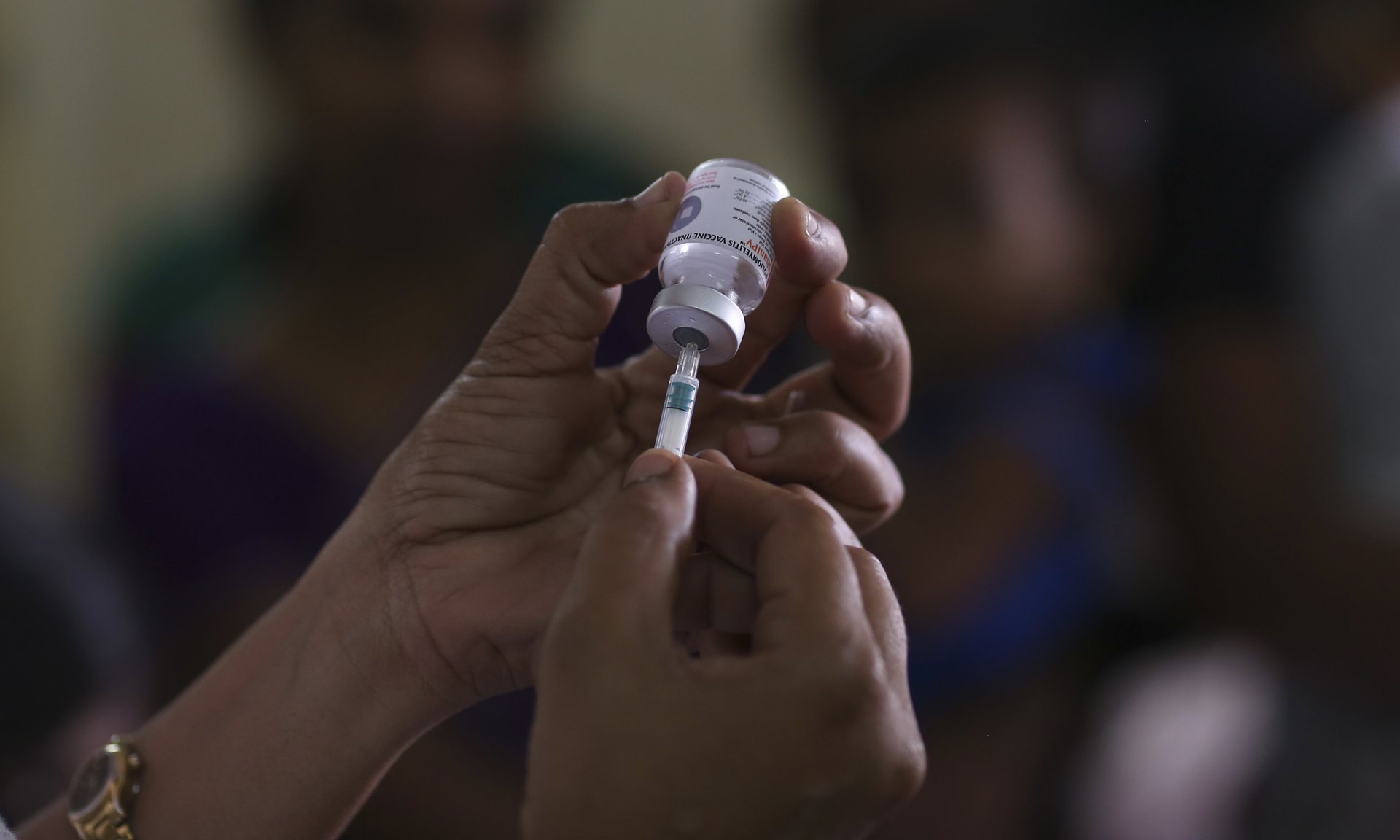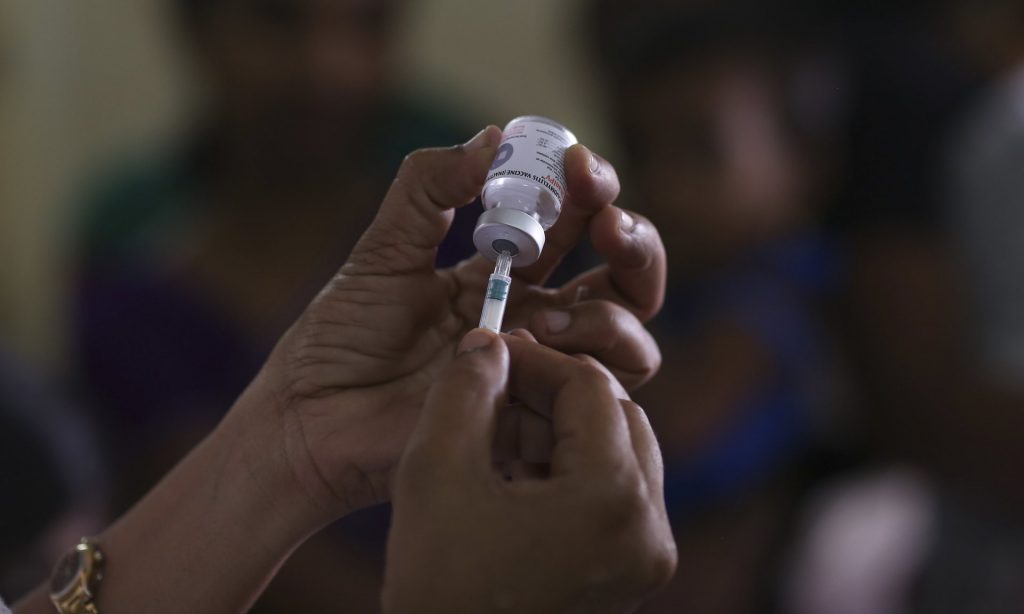For months, the US has had issues with coronavirus testing—mainly a lack thereof, which has, in part, inhibited officials’ attempts at containing the pandemic. But on May 9, the US Food and Drug Administration took a step towards making testing more widely available by issuing an emergency approval for an antigen test to help identify those with COVID-19, according to a statement released by the agency.
The rapid test—officially known as the Sofia 2 SARS Antigen FIA, created by the Quidel Corporation in San Diego—promises to “quickly detect fragments of proteins found on or within the virus by testing samples collected from the nasal cavity using swabs,” according to the FDA. This newest COVID-19 test is similar to rapid strep or flu tests and can provide results within 15 minutes, according to Quidel’s website.
What exactly is an antigen test, and how does it work?
To understand antigen testing, you have to know what an antigen is. “An antigen is a substance recognized by the body’s immune system, which can [then] respond by generating proteins called antibodies that specifically recognize that antigen,” Albert Shaw, MD, a Yale Medicine infectious disease doctor and professor of medicine at Yale School of Medicine, explains to Health.
That means, “the point of an antigen test is to detect the presence of a protein—the nucleocapsid protein—which is part of the SARS-CoV-2 virus that is the cause of COVID-19,” says Dr Shaw. In that sense, and per FDA’s statement, an antigen test basically looks for those fragments of antigens within a person’s body to see if they’re infected with the virus.

Photograph: Mahesh Kumar A/AP
According to the FDA, antigen tests are collected via nasal cavity swabs, “which [are] then placed into a special solution for virus detection,” says Dr Shaw. The main advantage of antigen tests, per the FDA, is the speed at which they can provide results (again, Quidel’s website says their antigen test can show results within 15 minutes). In addition to quick results, antigen tests are also cheaper and easier to use, compared to other tests available. Once “multiple manufacturers enter the market,” the FDA points out that it “can potentially scale to test millions of Americans per day.”
How are antigen tests different than antibody and PCR tests?
The FDA explained that over the course of the COVID-19 pandemic, it has been issuing emergency use authorization (EUA) for two different types of testing methods: polymerase chain reaction (PCR) tests and serological (or antibody) tests.
PCR tests, per the FDA, detect the genetic material from the virus—or the virus’ RNA—which can help diagnose an active COVID-19 infection. That’s different than antigen tests, which, again, test for the virus’ proteins. “Up until now, the tests used to detect [active infections of] the virus detect the genetic material of the virus, not proteins,” Ellen Foxman, MD, PhDa, Yale Medicine laboratory medicine doctor in the Clinical Virology Lab at Yale Medicine and an assistant professor of laboratory medicine, tells Health. These PCR tests, however, are still done through nasal or throat swabs.
Antibody tests, on the other hand, look for antibodies a person’s immune system has made in response to the virus—that helps doctors determine whether a person has previously been exposed to COVID-19. (As of right now, while officials presume that the presence of antibodies means a person will have some immunity to COVID-19, it’s unclear how much, or how long it lasts). Those antibody tests are also done by testing a person’s blood serum or plasma. While antibodies and antigens are both typically proteins, “a positive antigen test reflects active infection, while a positive antibody test reflects recent or past infection,” says Dr Shaw.
Are there any downsides to antigen tests?
While antigen tests are notably quicker than PCR tests, the downside to increased testing speed may be decreased accuracy: The FDA says antigen tests aren’t as specific at PCR tests, and may provide false negatives—which then need to be confirmed through a PCR test. Luckily, per the FDA, “positive results from antigen tests are highly accurate.”
“We expect antigen tests to be less sensitive than PCR tests because the PCR tests have an amplification step that makes them able to detect very tiny quantities of viral genetic material,” Dr. Shaw explains.” I suspect this sensitivity of this new test will be highest in early COVID-19 disease in patients with very high levels of virus, but the “false-negative” rate, especially in later disease, will be important to know.” Dr Foxman adds that this type of test often has a sensitivity of around 80-85%, “which means it is expected to miss 15-20% of infections.”
Antigen tests also aren’t designed for home use and requires a specialized instrument to be run in certified laboratories, says Dr Shaw, which means they may still not be as readily available as we hope right away. But overall, any increase in testing is beneficial in the fight against COVID-19. “Antigen tests will play a critical role in the fight against COVID-19 and we will continue to offer support and expertise to help with the development of accurate tests and to review and monitor marketed tests to ensure accuracy, while balancing the urgent need for these critical diagnostics,” said the FDA.

